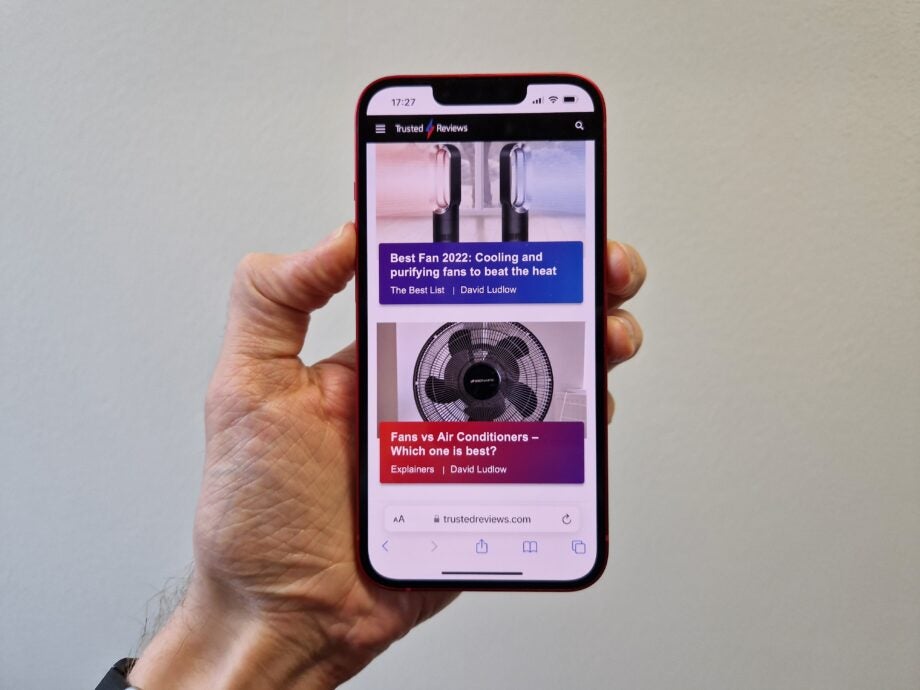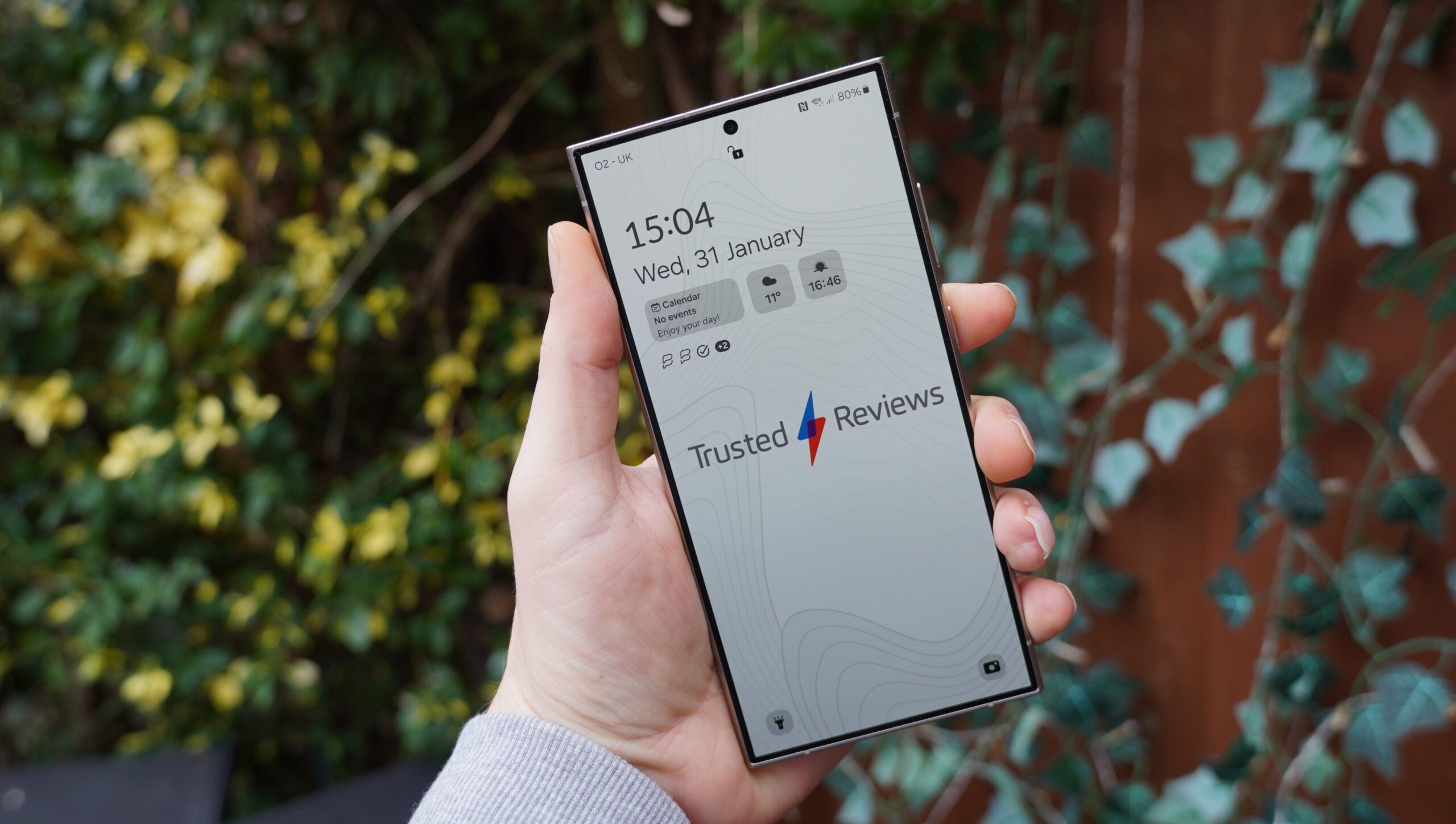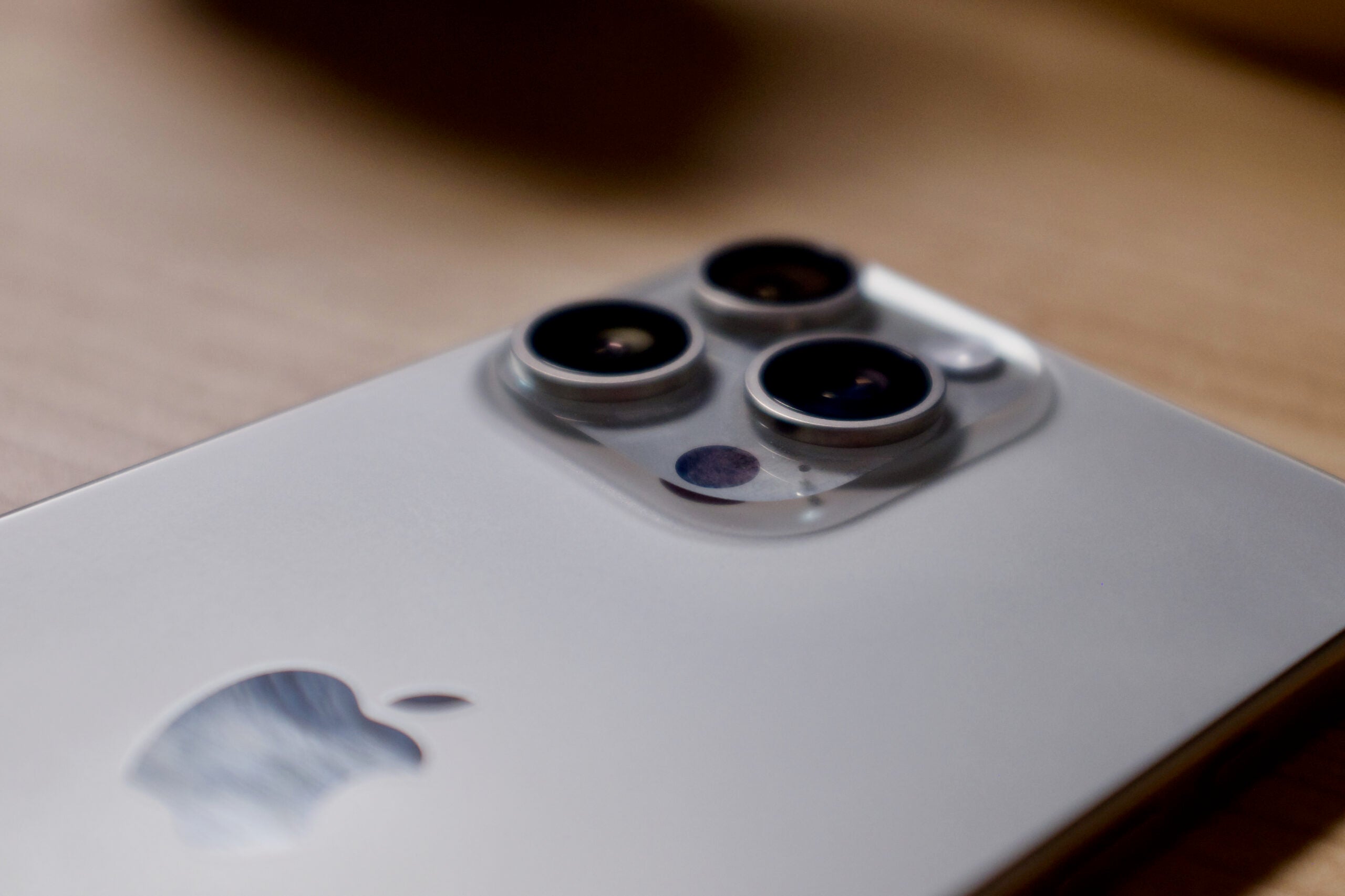What is jailbreaking?

If you’re a long-term iPhone user, you may have heard or seen the term “jailbreaking” floating around the internet. The question is, what is it and why do some iOS users swear by it?
In this guide, we’ll explain everything you need to know about jailbreaking, including why people decide to do it and why it’s really not a good idea unless you have a clear reason to do it and, crucially, really know what you’re doing.
What is jailbreaking?
Jailbreaking is a process that allows users to run third-party apps or even install custom software on their iOS device.
It was a process heavily favoured by iPhone users in the early days of iOS as a way to use features that Apple hadn’t officially developed, with old rumours that Apple actually snapped up a few jailbreak tweak developers to improve early versions of iOS. However, that has fallen out of fashion in more recent years as iOS has become more advanced and feature-rich.
The main reason that iPhone users continue to jailbreak their devices is to install apps not officially available in the App Store.
It’s a similar concept to rooting, which has become quite popular among Android users over the years.
What is the difference between jailbreaking and rooting?
Jailbreaking and rooting are often used interchangeably, but there is a key difference between the two.
When we talk about rooting an Android phone, we’re talking about gaining access to the core Android operating system. The reason for this is that rooted phones are still controlled by the manufacturer, whereas jailbreaking an iOS device is purely about allowing users to install apps from outside the App Store and use OS-level tweaks.
Rooting and jailbreaking are both methods to improve the functionality of a phone or tablet. Rooting allows users to gain access to the “root” level of Android or iOS. This means that you have access to the “root” level of the operating system, allowing you to control features that the manufacturer otherwise controls.
But there are also side effects to the practice.
Disadvantages of jailbreaking a phone
Rooting or jailbreaking can make your smartphone less secure and vulnerable to hacking as you are circumventing the device’s inbuilt protections and potentially using stores that don’t check their wares for malware as effectively.
There have been numerous incidents where malicious apps have targeted jailbroken devices to siphon data or spread dangerous software, like ransomware.
It may also become difficult to install updates in the future or completely brick your device as the software you’re installing may not be optimised to work with the operating system or device.
This is why we don’t recommend regular phone users jailbreak their devices.








